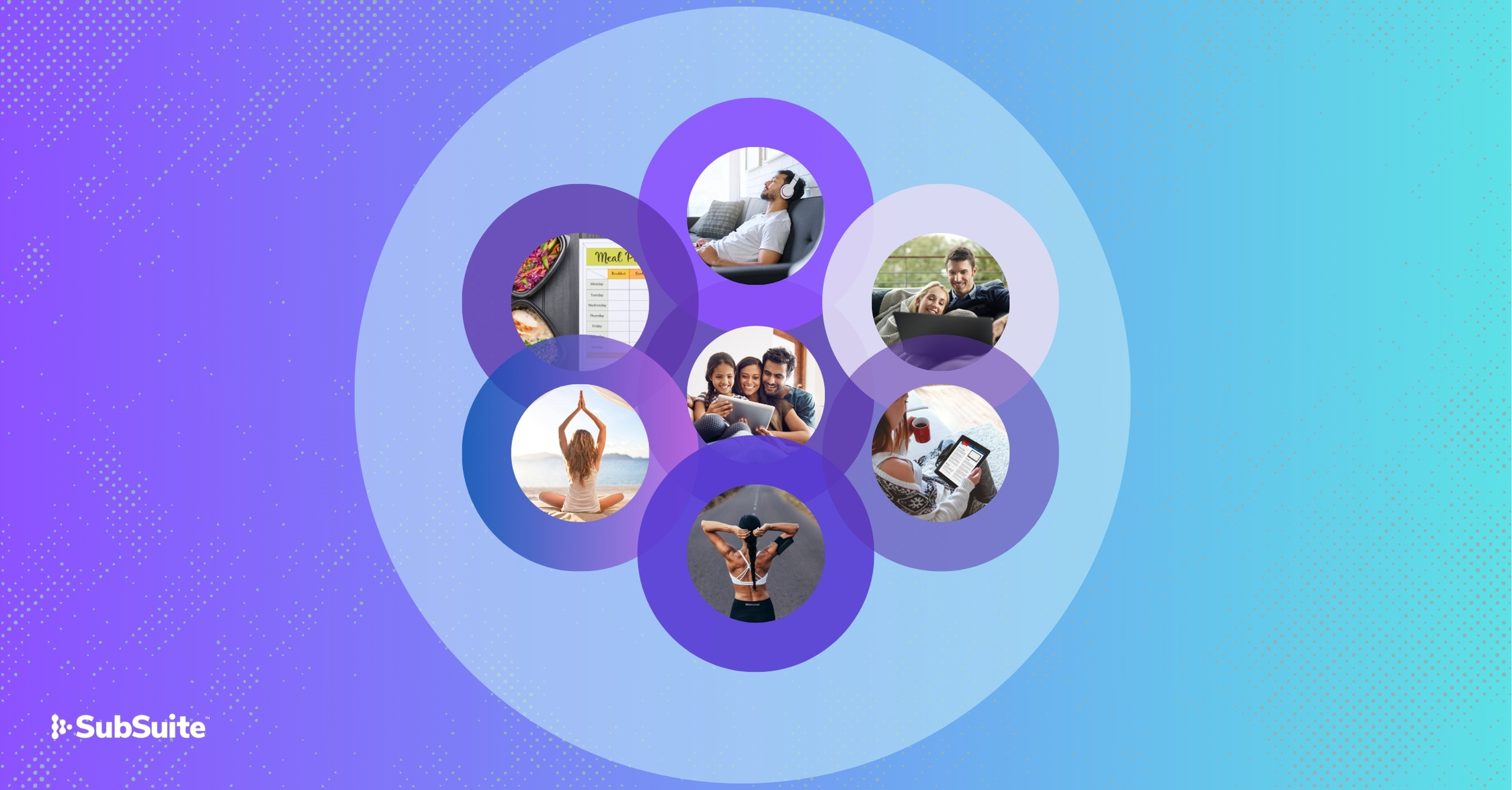Why Consumers Double Down: The Psychology of Adding a Second Subscription in the Same Category

Most brands compete to be the one in their category — the only streaming service, wellness app, or news source a user needs.
But what if that’s the wrong framing?
Today’s subscribers aren’t limiting themselves to one service per category. They’re building stacks — multiple subscriptions that work together to enhance a lifestyle, solve overlapping needs, or simply offer more choice.
This shift is unlocking new growth strategies for smart subscription brands — and it’s creating a smarter, more scalable way to grow without price wars or platform cannibalization.
The Rise of Subscription Stacking
In categories like streaming, wellness, news, and education, we’re seeing a clear trend: users are adding a second (or third) subscription in the same vertical.
Why? Because value is no longer exclusive. It’s contextual.
A fitness enthusiast might use one app for structured workouts and another for yoga recovery. A news junkie might follow international coverage from one source and local perspectives from another.
It’s not redundancy. It’s relevance.
"The average U.S. consumer now has over 5 paid digital subscriptions — and rising."
Consumers are building their own custom bundles. The brands that lean into this behavior, instead of resisting it, are poised to win.
What Drives Multi-Subscription Behavior?
Here are four core motivations behind why consumers double down:
1. Specialization
One app might offer expert-led HIIT sessions. Another provides holistic wellness content. Users want tailored solutions — not one-size-fits-all platforms.
2. Aspirational Identity
Subscriptions are part of how consumers define their identity: "I care about my mental health, physical fitness, and ongoing learning."
3. Smart Bundling and Rewards
Consumers are more open to a second service when it’s offered with context — like a reward for subscribing to a complementary platform.
4. Stack-Based Value Perception
A $12 app might seem expensive standalone. But as a $6 add-on to a bundle they already trust? It feels like a win.
The Missed Opportunity — and the SubSuite Advantage
The problem? Most brands still treat their category as zero-sum. Either they win the user, or someone else does.
But growth doesn’t have to be a fight for one slot.
With SubSuite, brands can:
- Collaborate through subscriber bundles that increase value across the board
- Show up contextually, when a user is most ready to engage
- Avoid broad discounts while still rewarding high-fit users
- Create stack-based pricing rules that align with real-time user behavior
And because SubSuite handles targeting, integration, and bundle flow — there’s zero dev lift and no need to overhaul your systems.
The Take Away: Don’t Compete for One Slot. Help Users Build a Stack.
In a world of smart bundling and layered subscription habits, brands that think collaboratively will win.
The question isn’t "How do I replace another app?"
It’s:
- How do I fit into the user's broader lifestyle?
- How do I show up at the right time, in the right context?
- How do I earn the second slot in their stack?
That’s the SubSuite advantage: fueling high-fit discovery and helping users say yes to more — not less.










